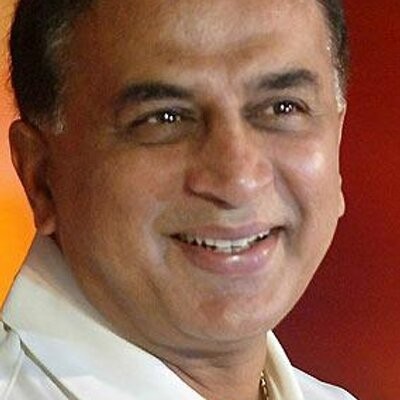
London, Former India captain and opener Sunil Gavaskar has batted for neutral umpires in Test cricket even though he has praised the quality of officiating from home umpires in India's ongoing series in England and the series in Australia that ended in January this year.
"I would still want to see neutral umpires because after you exhaust your 2-3 reviews, there could still be a decision that could be game-turning," said the batting maestro on air during the third day's play in the second Test.
"To avoid the finger of bias, you should have neutral umpires," he added.
"The quality of umpiring in this series (between India and England) as well as in Australia has been brilliant. Can't say that about it during our [playing] days though," said Gavaskar further.
As a rule, two neutral umpires have officiated in Test matches for the last two decades and at least one neutral umpire has officiated for close to three decades.
Current Pakistan Prime Minister Imran Khan was the first Test captain to bat for neutral umpires. He invited Indian umpires V.K. Ramaswamy and Piloo Reporter to officiate in their home series against West Indies in 1986.
He also invited English umpires John Hampshire and John Holder to officiate in the home series against India in 1989-90.
The International Cricket Council (ICC) then brought one neutral umpire on experimental basis in 1992 and then made it mandatory in 1994. From 2002, starting with India's tour of the West Indies, two neutral umpires became a regular feature in Test matches.
In June 2020, however, the ICC had temporarily done away with neutral umpires due to logistical problems related to travel due to the Covid-19 pandemic.
Though when Bangladesh hosted West Indies for Tests in February this year, English umpire Richard Illingworth officiated since the host did not have enough qualified umpires.
Illingworth is officiating with fellow Englishman Michael Gough in the ongoing second Test at Lord's.


.jpeg)

